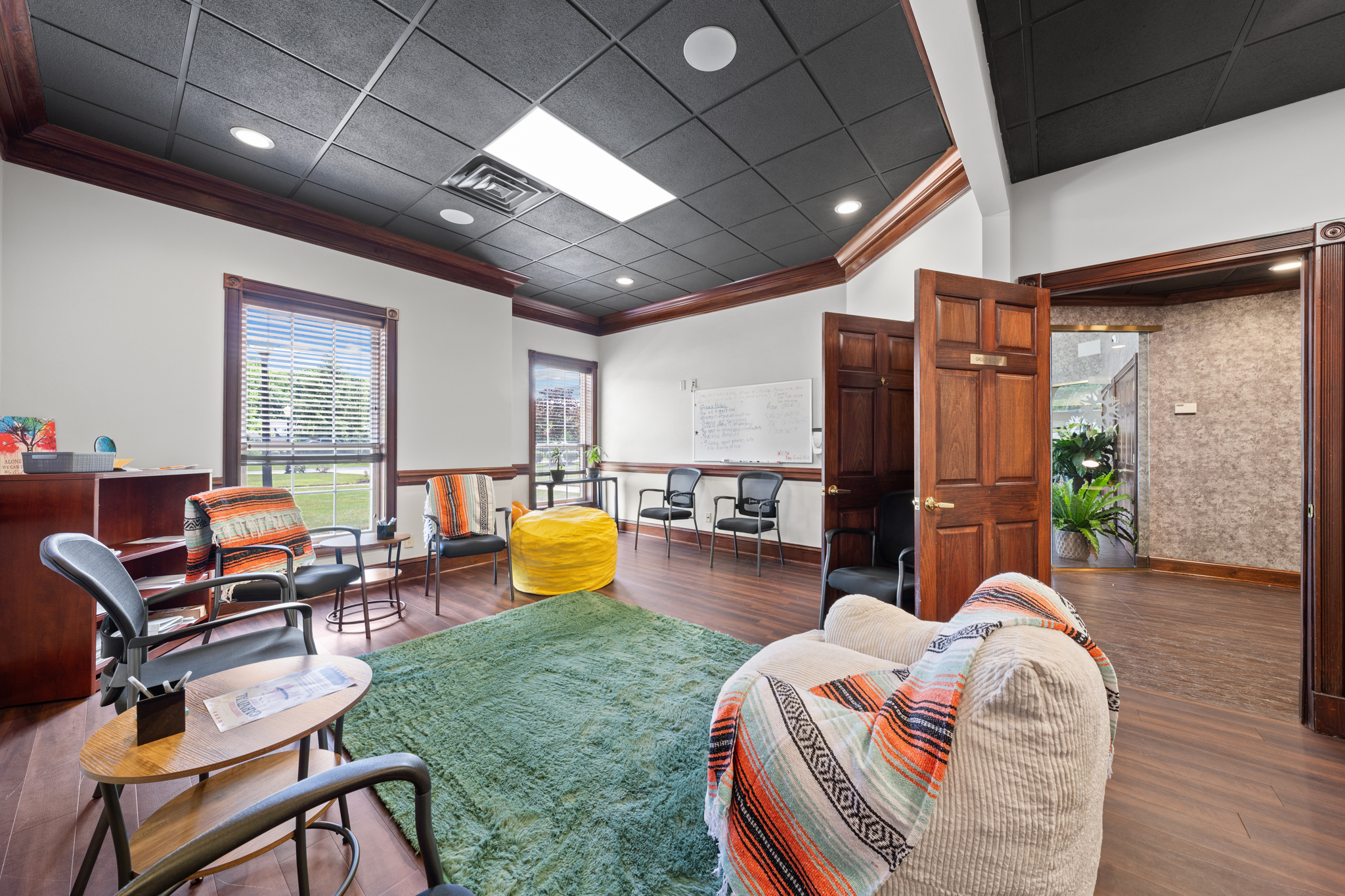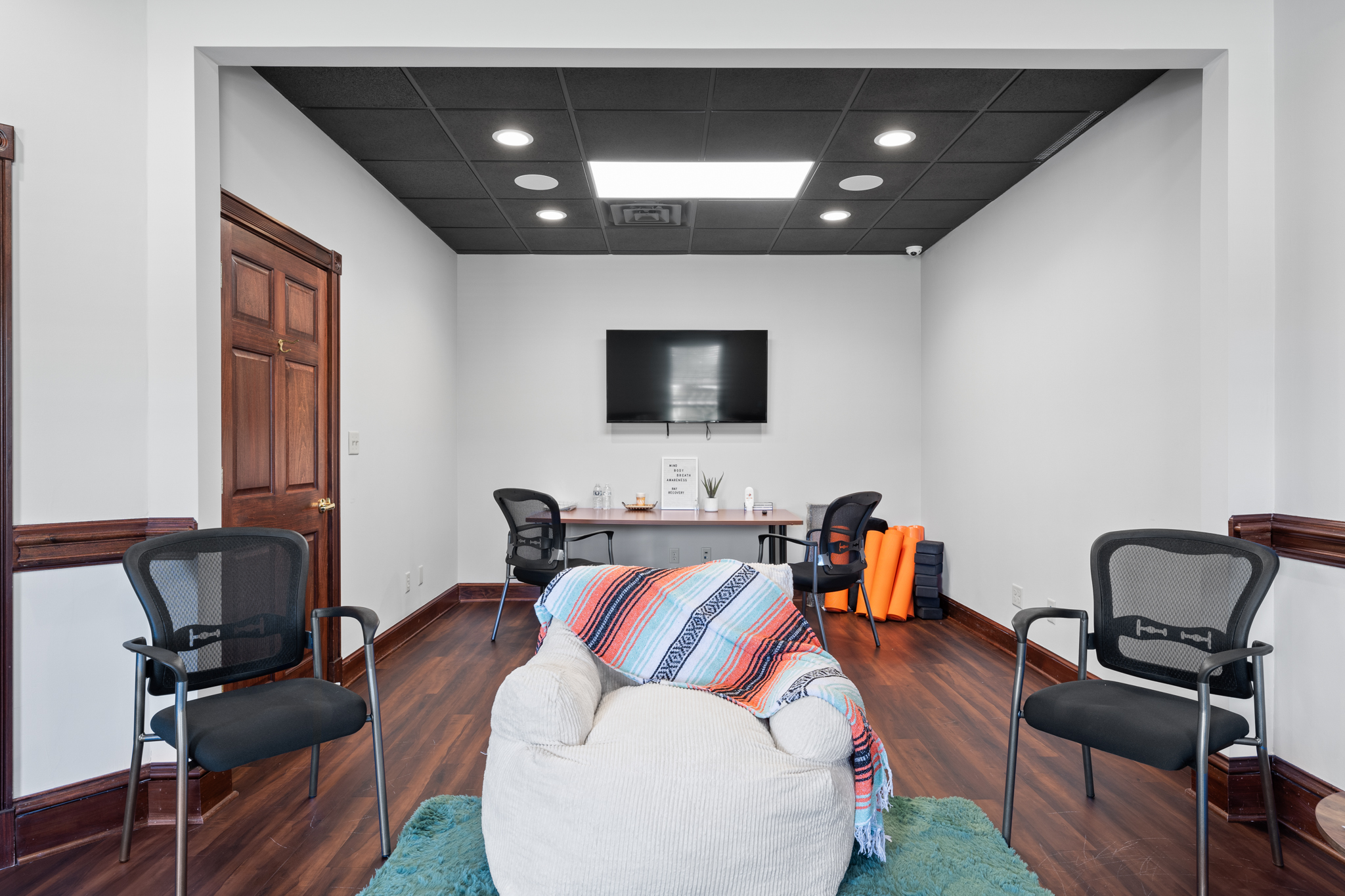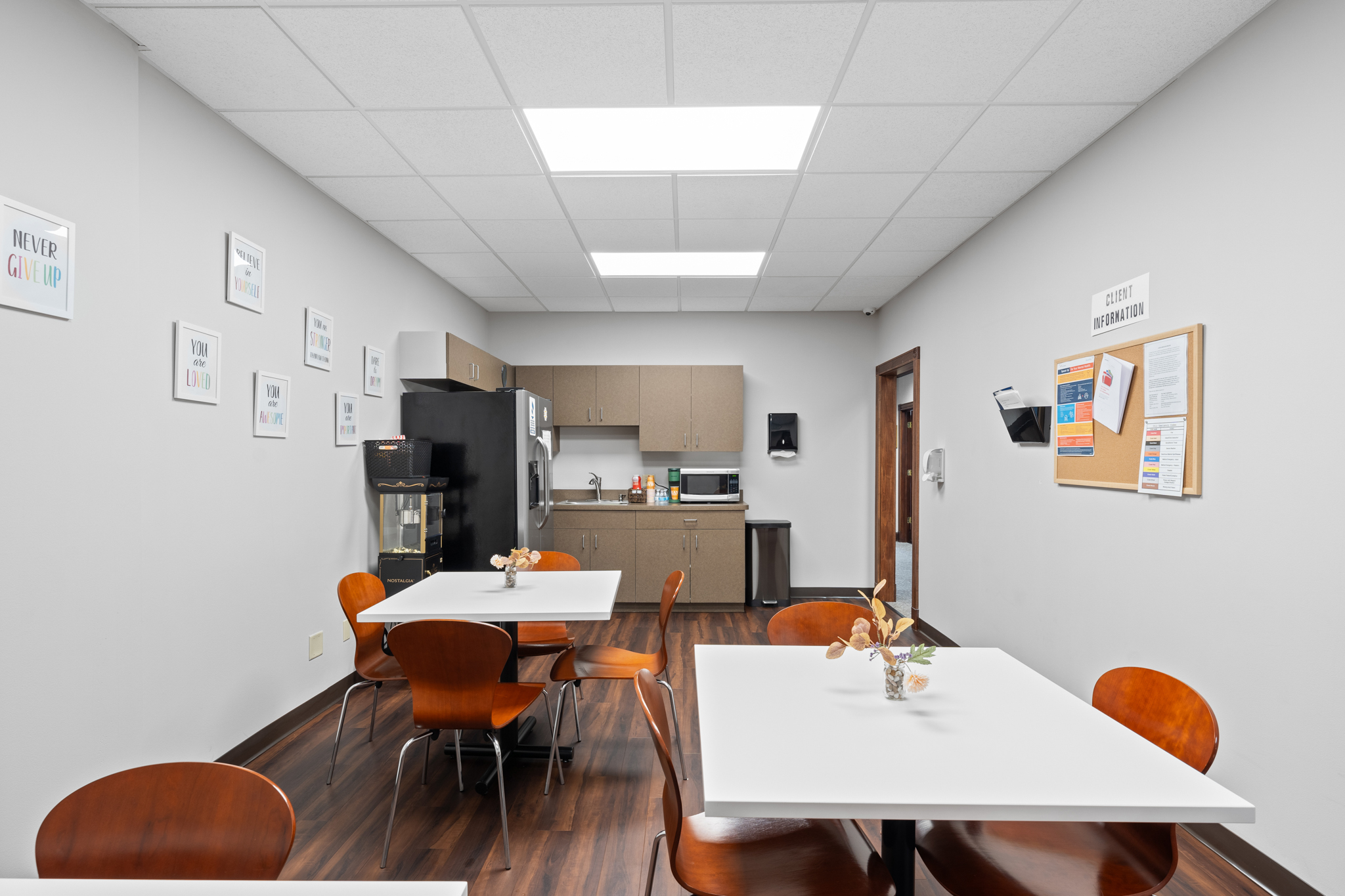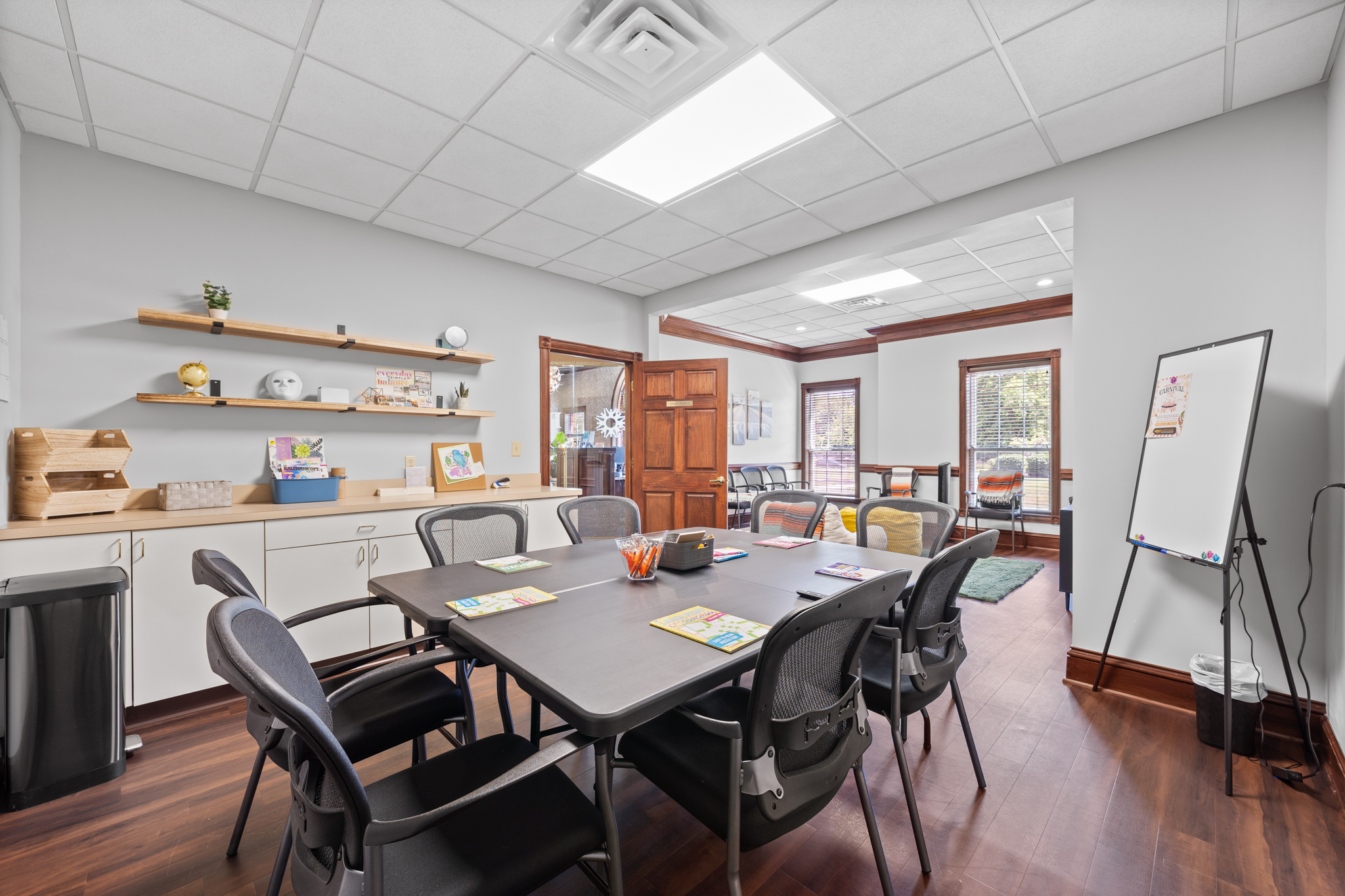 Originally derived from the opium plant, opiates are a powerful analgesic class of drugs that affect the central nervous system. Humans have used them for thousands of years, both medicinally and recreationally. Sadly, opiates such as heroin, morphine, and codeine are highly addictive and claim many lives through overdoses each year. If you or a loved one could use an opiate addiction treatment center in Hudson, Ohio, contact Ray Recovery. Call 888.598.6299 or reach out to us electronically to find out more about our range of effective substance abuse treatments.
Originally derived from the opium plant, opiates are a powerful analgesic class of drugs that affect the central nervous system. Humans have used them for thousands of years, both medicinally and recreationally. Sadly, opiates such as heroin, morphine, and codeine are highly addictive and claim many lives through overdoses each year. If you or a loved one could use an opiate addiction treatment center in Hudson, Ohio, contact Ray Recovery. Call 888.598.6299 or reach out to us electronically to find out more about our range of effective substance abuse treatments.
What Are Some Factors That Increase the Risk of Opiate Addiction?
Opiate addiction can happen to anyone, given how powerful the drugs are in and of themselves. Opiates attach to brain receptors responsible for both the experiences of pain and pleasure, reducing the former and increasing the latter. This disruption to the brain’s natural processes quickly makes it “forget” how to regulate its own chemistry without the drug. In this way, dependence and addiction can form.
While repeated exposure to opiates will certainly change the brain’s structure over time, behavioral dependence is somewhat more variable. Here are a few factors known to increase the risk that a person using opiates will develop dependence:
- Taking opiates outside of the dosage and timeline set forth by the prescribing doctor
- Using opiates in a way other than oral, for example, injecting them or “shooting up”
- Taking opiates for more than a few days, since their neurological potency makes them alter structure and function amazingly quickly
- Having a condition involving significant depression or anxiety
- Having a family history of substance abuse
- Dealing with a personal history of sensation- or thrill-seeking behavior
- Heavy nicotine use which, like opiates, impacts the brain’s reward circuitry
- Significant life stressors like a demanding job, poverty, or challenging relationships which can create a pressing desire to reduce tension









Request A Callback
"*" indicates required fields
What Can I Expect From Opiate Addiction Treatment?
Opiate addiction rehab begins with assessment and detoxification, which is available in several forms, including detox within an outpatient or partial hospitalization program.
Whatever level of care you choose, detox essentially involves getting your body free from the drug you’re addicted to. Here, clients move through the first challenging days and weeks of gradually decreasing cravings. Withdrawal symptoms can be quite uncomfortable, including effects like nausea, cramping, insomnia, and sweating. It can, therefore, be difficult to avoid relapsing if drugs are still readily available, so some level of detox supervision can be beneficial. Caregivers support a drug-free environment, monitor clients’ vitals, administer fluids as needed, ensure good nutrition, and may provide pain medication to help manage symptoms.
After detox, clients begin receiving therapy that helps them develop coping skills and reinvest in their own well-being. Cognitive-behavioral therapy teaches self-regulation skills for reframing challenging thoughts and emotions. Dialectical-behavioral therapy provides further support by teaching mindfulness, or the ability to tolerate internal discomfort through detachment and equanimity. More specific approaches can also assist those who have a dual diagnosis of a specific mental health concern, such as bipolar disorder or major depression.
Group therapeutic styles are likewise frequently included in treatment for those in opiate recovery. Family therapy can help get a person in recovery and their primary support system on the same page about treatment goals. It can also serve as a space to process unresolved trauma and cultivate forgiveness. Peer support groups are similarly effective in helping clients build a supportive and non-judgemental network. At the same time, peer groups build accountability and perseverance.
Begin Recovery in Hudson, Ohio, by Calling Ray Recovery
If you or someone you care about is struggling with opiate use disorder, remember that great support is available. Simply contact the caring team at Ray Recovery to begin the process of regaining control of your life. We’re available at 888.598.6299 or online and look forward to helping you navigate the first essential steps of treatment.

